A report about the impact of U.S. Xinjiang-related sanctions on the global cotton industrial chain was released in the southern Chinese city of Guangzhou on Sunday.
The report, titled "Hindering Trade, Increasing Costs and Disrupting the Industrial Chain: Impacts of U.S. Xinjiang-Related Sanctions on Global Cotton Industrial Chain," was issued by the Institute for Communication and Borderland Governance, Jinan University.
The sanctions imposed by the United States on Xinjiang cotton under the pretext of so-called "forced labor" and "violation of human rights" will damage the global cotton industry chain, said the report.
More than 70 people were interviewed. They included cotton growers owning different cultivation area sizes and heads of cotton textile and garment companies, which vary in sizes (large, medium, and small) and categories (private and state-owned enterprises, listed and unlisted companies).
From sowing, managing to harvest, Xinjiang's cotton production is expected to be fully mechanized soon. Until now, cotton sowing has been almost 100 percent mechanized.
China's cotton industry has become an irreplaceable industrial link in the global cotton textile industry because of its quality raw materials, comprehensive supply chain, and established industrial chain. Therefore, the disruption of China's cotton industry is tantamount to disrupting the global cotton industry chain, said the report.
According to the report, the U.S. sanctions against the Xinjiang cotton industry are a typical example of "the beneficiary crying as a victim," a scheming lie of "fictitious justice," through which the slickness of the U.S. government is plain to see.











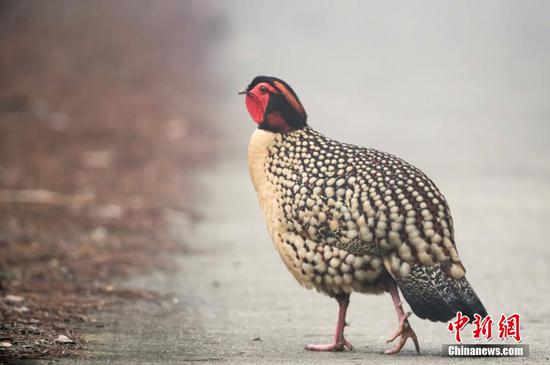


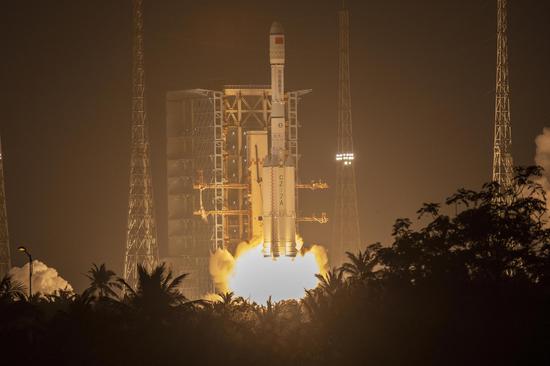






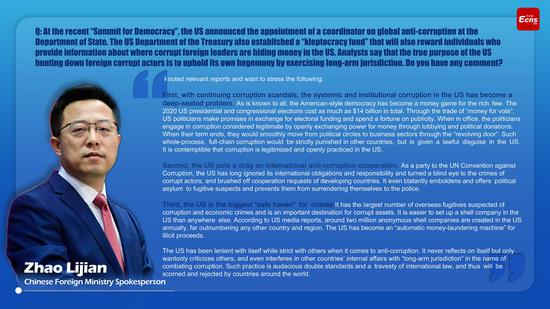




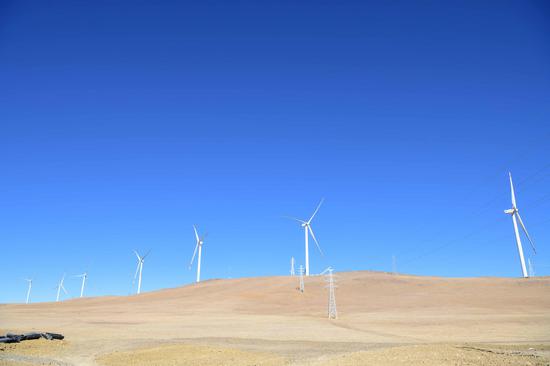
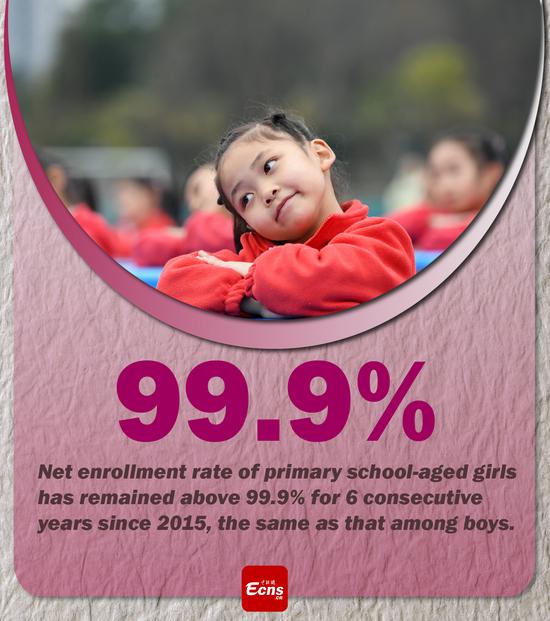


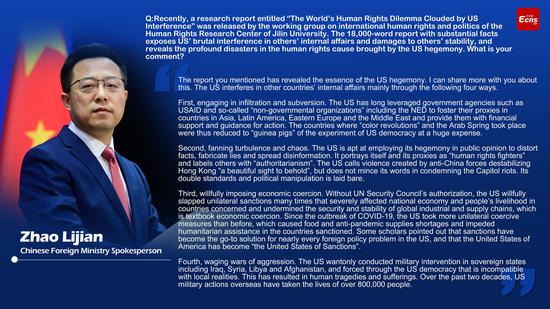








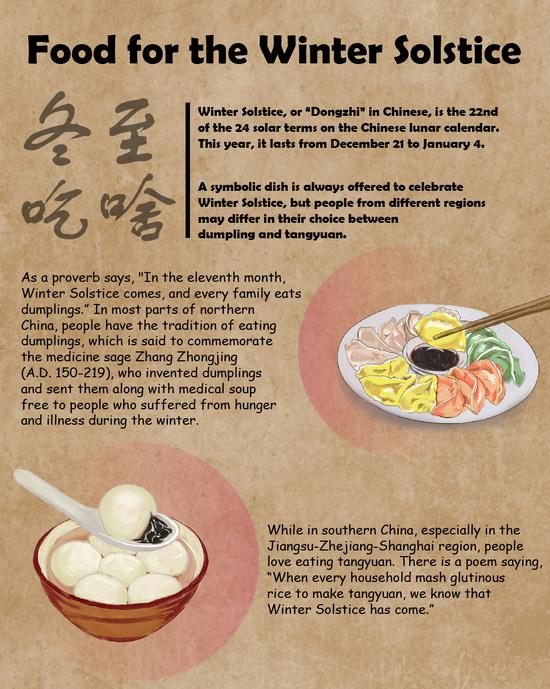
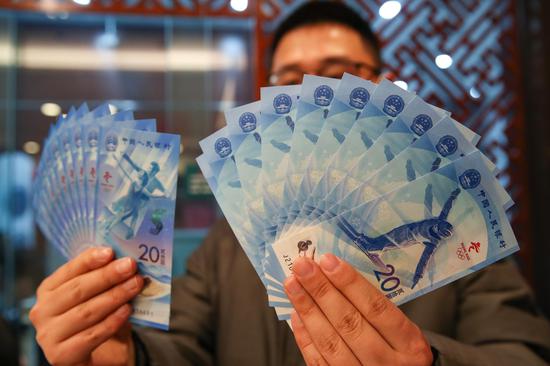


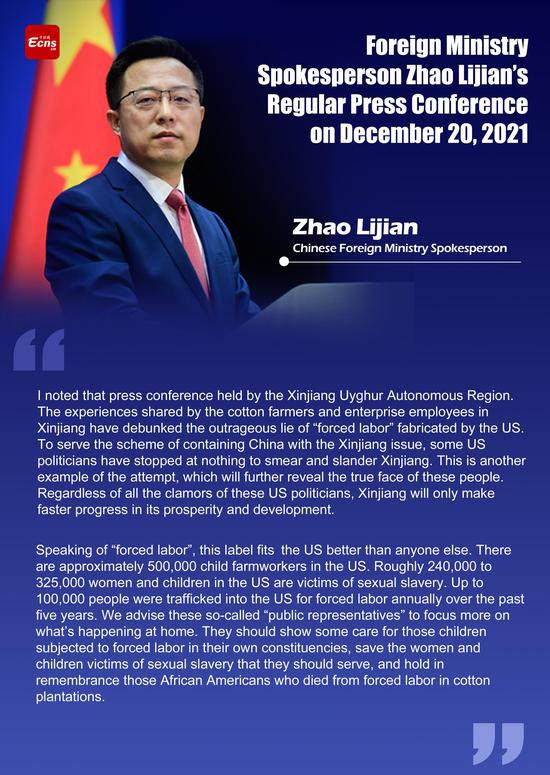
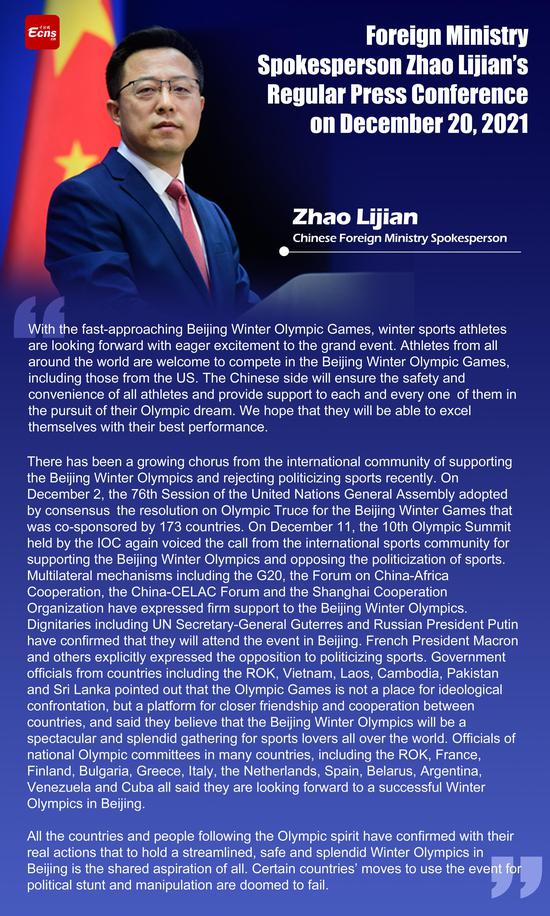





 京公网安备 11010202009201号
京公网安备 11010202009201号